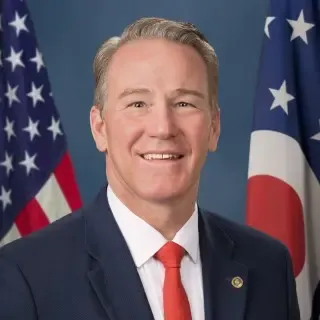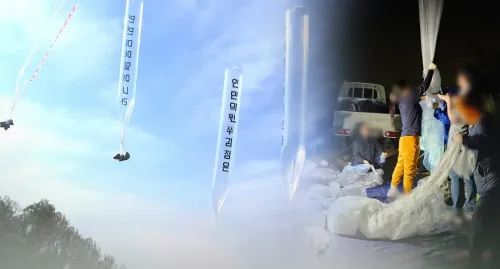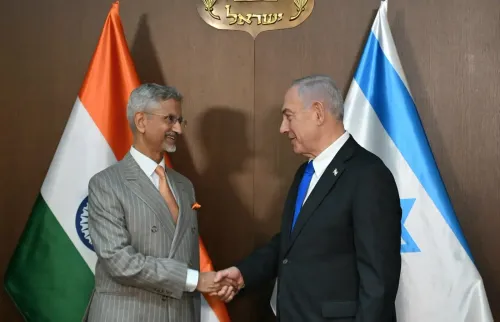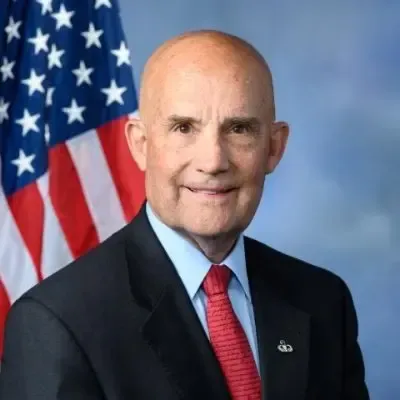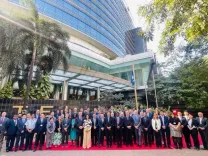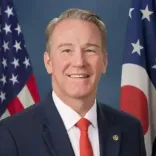Did the UNSC Finally Resolve the Leadership Crisis of Terrorism Committees?
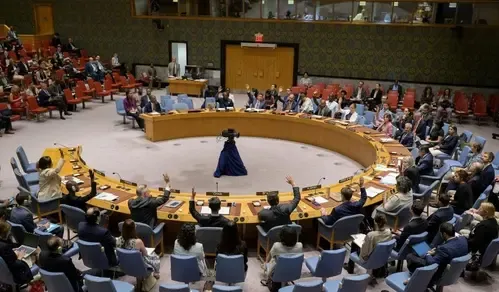
Synopsis
Key Takeaways
- Algeria appointed chair of the 1267 Sanctions Committee.
- Denmark leads the influential Counterterrorism Committee.
- Pakistan's role is limited due to concerns over its support for terrorist groups.
- New leadership aims to enhance the effectiveness of counter-terrorism efforts.
- International relations are crucial in shaping committee dynamics.
United Nations, June 4 (NationPress) In a significant development that resolves a prolonged dispute over the leadership of United Nations Security Council committees focused on terrorism, Algeria has been designated as the chair of the 1267 Sanctions Committee, which addresses threats from Pakistan-based terrorist organizations such as Lashkar-e-Toiba (LeT) and Jaish-e-Mohammed (JeM).
A list of chairs for the 24 committees and groups was published on Tuesday, indicating that Denmark will lead the influential Counterterrorism Committee (CTC).
Pakistan, which delayed the appointments for five months due to its insistence on leading the Counterterrorism and 1267 committees, has been excluded from those roles. As a compromise, it has been assigned the chair of the 1988 Taliban Committee, which primarily deals with issues in Afghanistan, now governed by the Taliban.
Guyana and Russia will serve as co-chairs of this committee.
The Council's functions are often governed by consensus, and Pakistan utilized this to block the appointment of committee chairs until a compromise was reached.
Diplomatic sources have noted that Western nations on the Council opposed Pakistan taking the chair of any major terrorism-related panels, including the CTC, the 1988, and the 1267 committees. These nations raised concerns about Pakistan's potential conflict of interest due to its support for terrorist groups like LeT and JeM, as well as its contentious relations with the Taliban in neighboring Afghanistan.
Other noteworthy appointments include South Korea leading the Peacekeeping Working Group, Panama heading the 1540 Non-Proliferation Committee, and Slovenia chairing the 2231 Iran Committee, which also facilitates discussions on the nuclear deal that may see new life under US President Donald Trump's initiative.
As the year progresses, this compromise has been crucial for allowing previously leaderless panels to operate effectively.
Pakistan was also awarded the vice chairmanship of the CTC alongside Russia and France.
Additionally, Algeria has been given the role of chair for the 1566 Counterterrorism Working Group, established under a 2004 Council resolution to propose measures against terrorist groups not addressed by other committees.
In further appointments, Pakistan was named co-chair with Greece of the Informal Working Group on General Issues of Sanctions, which advises on enhancing the effectiveness of sanctions but lacks direct authority over their imposition or removal.
It was also made co-chair of the Informal Working Group on Documentation and Procedural Matters.
The 1267 Sanctions Committee, named after the Council's resolution, focuses on al-Qaeda and Islamic State affiliates, covering Pakistan-based terrorist entities like LeT and JeM.
Leading the 1988 Taliban Sanctions Committee, which stems from the 2011 Council resolution regarding sanctions against the Taliban, will empower it to influence developments in Afghanistan.
During India's tenure on the Council from 2020 to 2022, it chaired the Counter-Terrorism Committee, with India's Permanent Representative to the UN, Ruchira Kamboj, even facilitating a meeting in Mumbai at the sites of the 26/11 terror attacks orchestrated by Pakistan-based terrorists.


